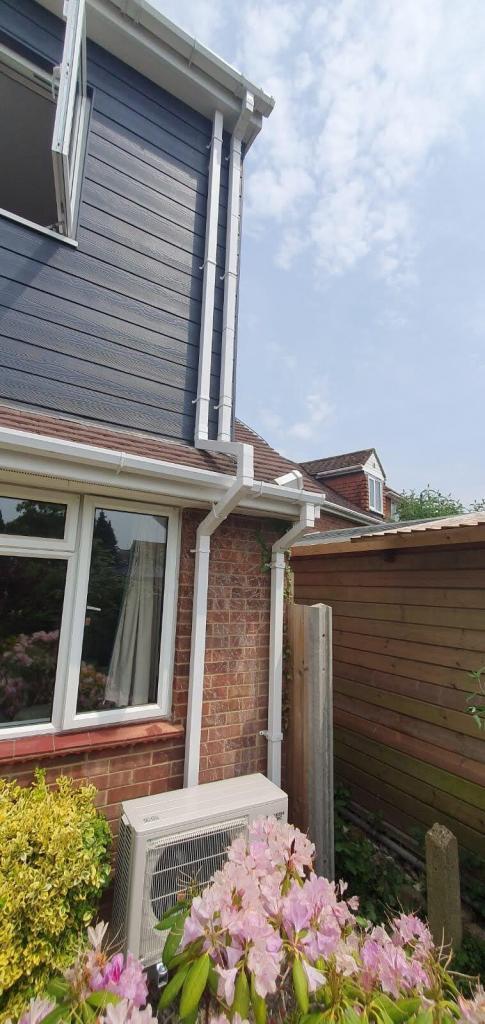
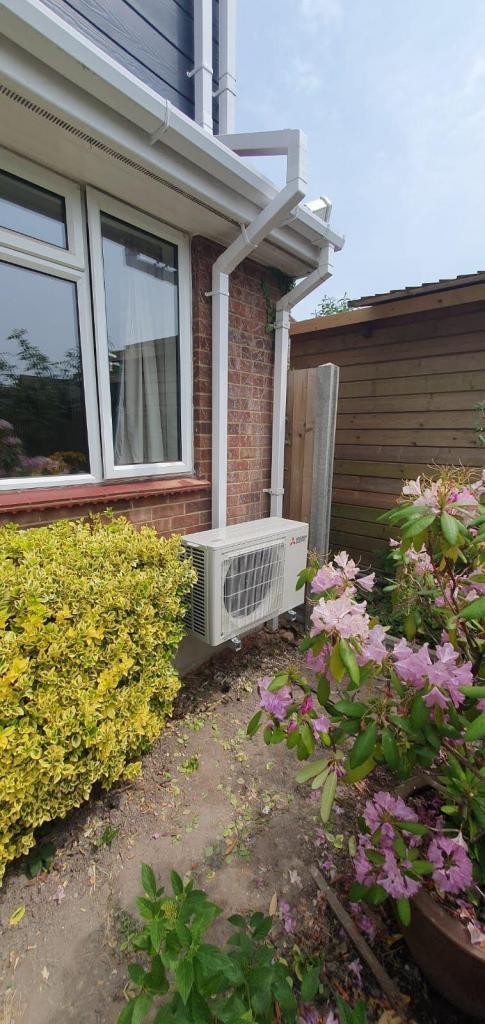
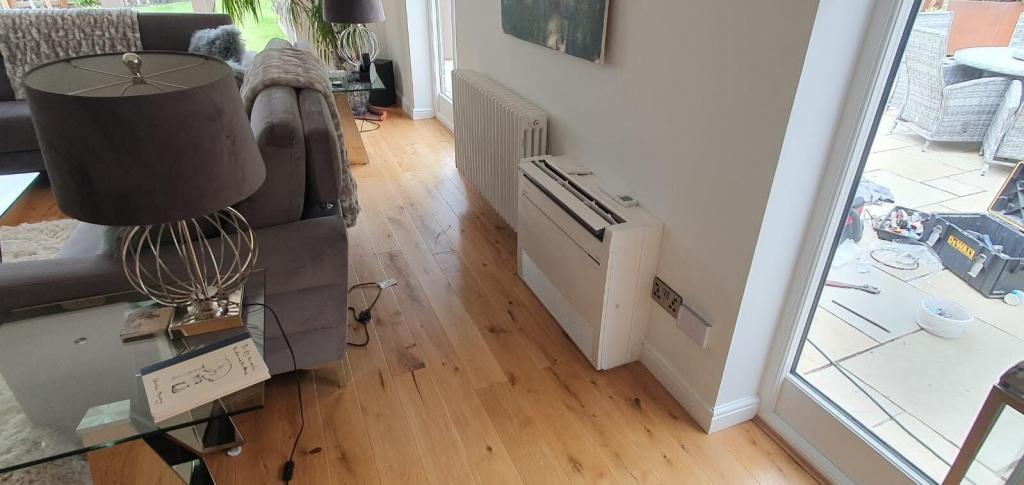
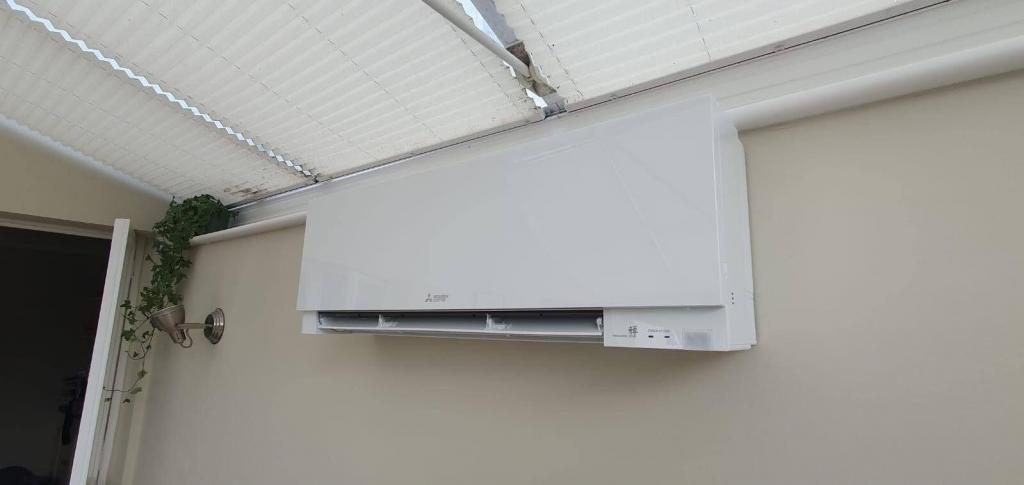
The Invisible Comfort: Air Conditioning and the Modern Home
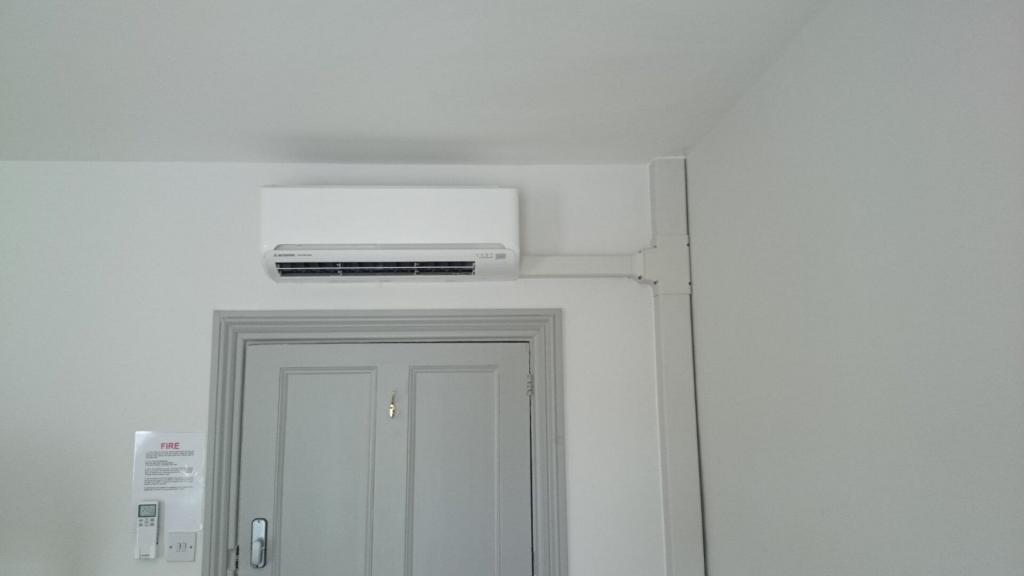
The gentle hum of a distant compressor, the subtle whoosh of cool air from a vent – these are the almost imperceptible sounds of a modern comfort we often take for granted: air conditioning.
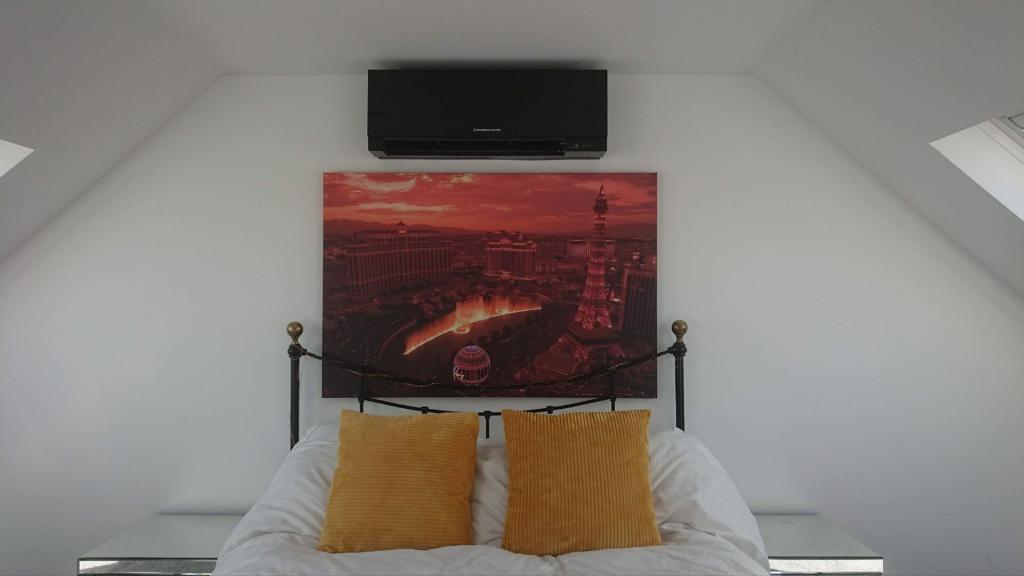
Once a luxury reserved for the wealthy or commercial spaces, air conditioning has become an increasingly prevalent feature in homes across the globe, transforming the way we live, sleep, and interact within our personal sanctuaries.
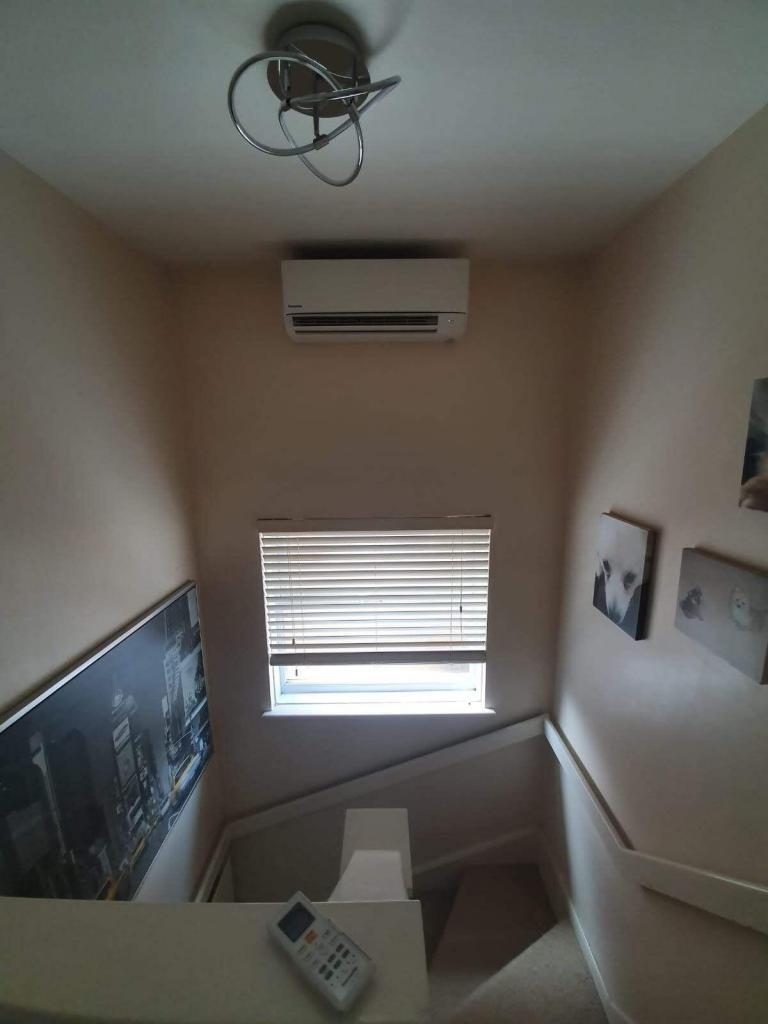
While its benefits are undeniable, particularly in the face of rising global temperatures, the widespread adoption of home air conditioning also raises important questions about energy consumption and environmental impact.
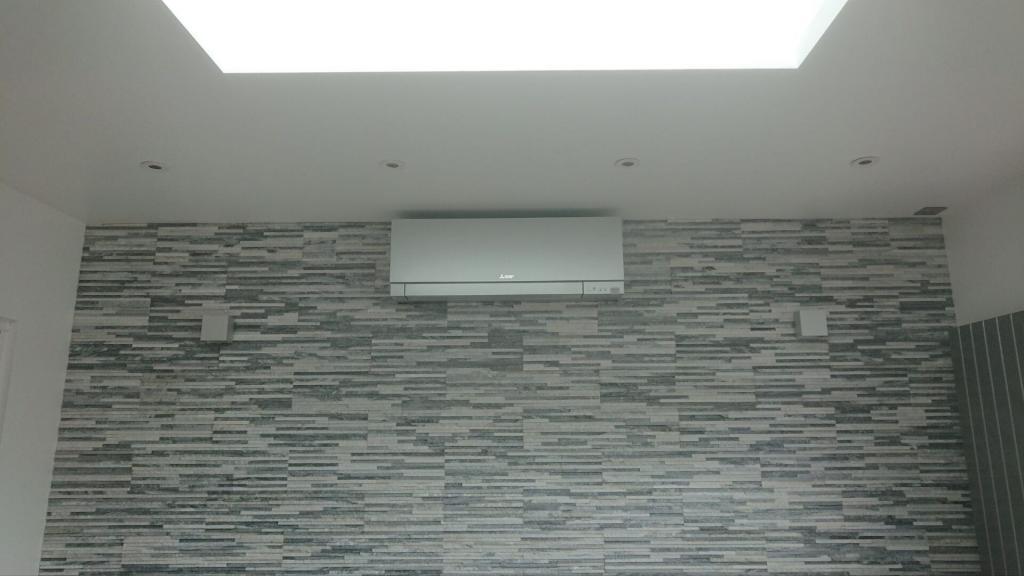
The primary allure of air conditioning lies in its ability to create a haven from the sweltering heat. In the humid summers of Bicester or the arid landscapes of California, the oppressive heat can be debilitating, impacting productivity, sleep quality, and even physical health.
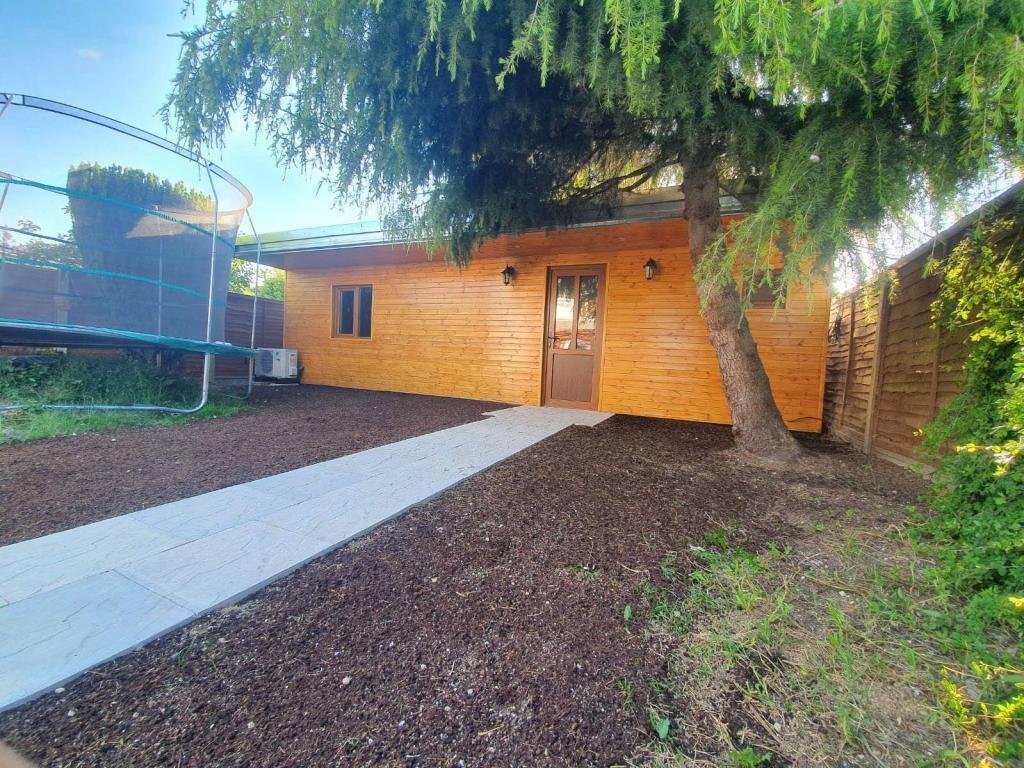
Air conditioning offers a vital respite, allowing us to maintain a comfortable and consistent indoor temperature regardless of the external conditions. This controlled environment fosters better sleep, crucial for physical and mental restoration. It allows for greater focus and productivity, whether working from home or simply engaging in daily tasks. For individuals with certain health conditions, such as respiratory illnesses or heat sensitivity, air conditioning can be more than just a comfort; it can be a necessity, providing a safe and manageable environment.
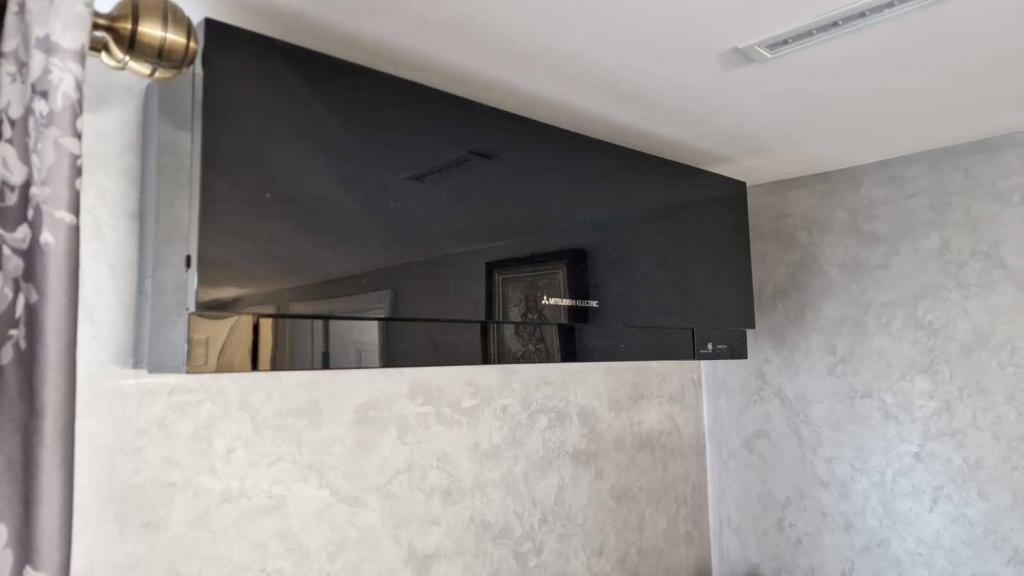
Beyond the immediate physical benefits, air conditioning subtly shapes our domestic lives. It allows us to utilize indoor spaces more fully during the hottest months, extending the usability of rooms that might otherwise become unbearable.
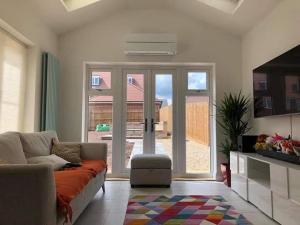
Family gatherings, indoor hobbies, and even simple relaxation become more enjoyable when the temperature is comfortably regulated. The ability to escape the heat within our own walls contributes to a sense of well-being and control over our personal environment. In a world increasingly characterized by unpredictable weather patterns, the reliability of a cool indoor space offers a sense of stability and predictability.
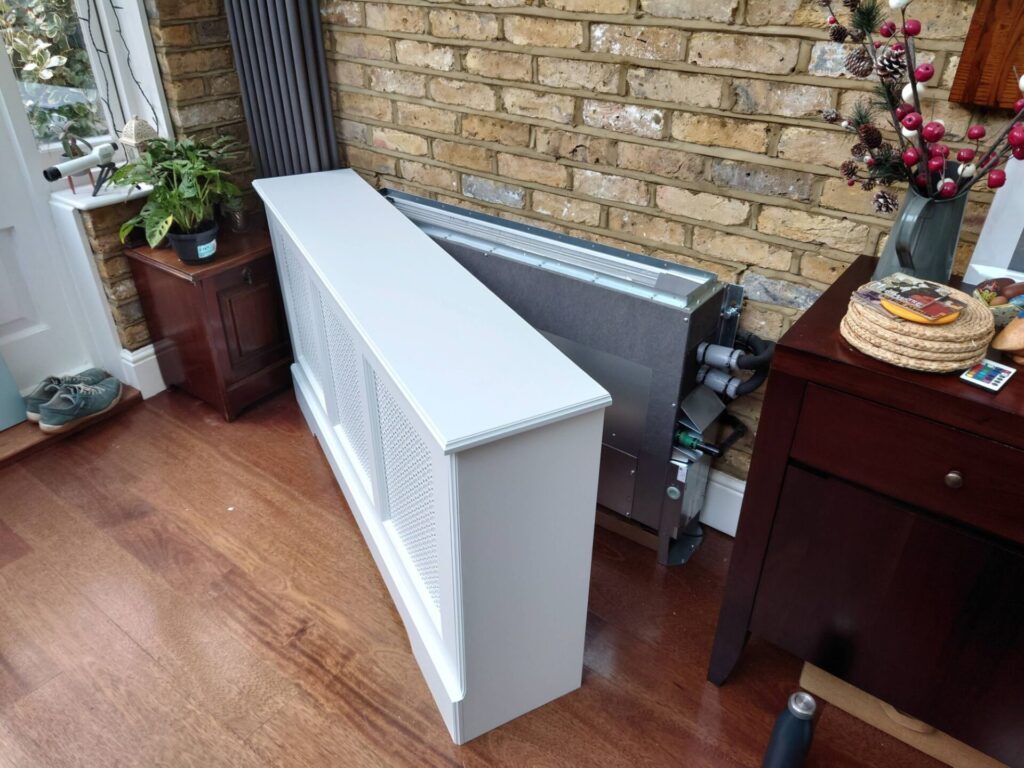
However, the comfort provided by air conditioning comes at a significant cost. The energy demands of these systems are substantial, contributing significantly to household electricity consumption and, consequently, to greenhouse gas emissions, particularly when electricity grids rely heavily on fossil fuels. This creates a paradox: while air conditioning offers immediate relief from the effects of a warming climate, its widespread use can exacerbate the very problem it seeks to alleviate.
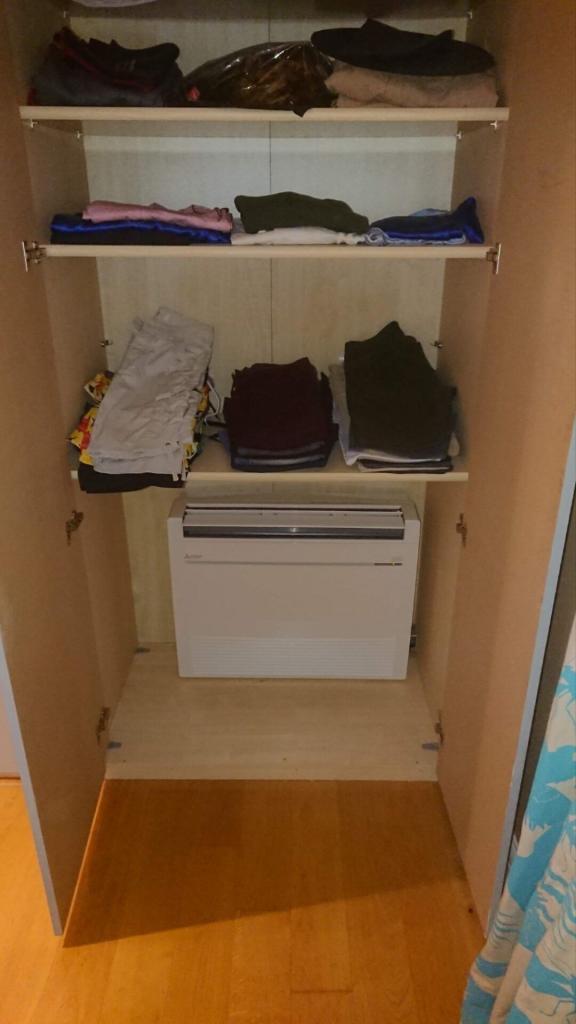
The environmental impact is a growing concern, prompting research and development into more energy-efficient technologies and refrigerants with lower global warming potential.
Furthermore, the reliance on air conditioning can lead to a detachment from the natural environment.

Spending prolonged periods in artificially cooled spaces can reduce our tolerance to heat and potentially limit our engagement with the outdoors. There is a risk of creating indoor environments that are too sterile, potentially impacting air quality and the development of robust immune systems. Finding a balance between the undeniable comfort of air conditioning and a healthy connection with the natural world is a crucial consideration.

In conclusion, air conditioning has become an integral part of the modern home, offering significant benefits in terms of comfort, productivity, and health, particularly in warmer climates. It has reshaped our domestic lives, allowing us to thrive indoors regardless of the external heat. However, this comfort comes with environmental responsibilities.
As technology advances, the focus must shift towards more energy-efficient and sustainable cooling solutions. Ultimately, the future of home air conditioning lies in finding a harmonious balance between the desire for personal comfort and the urgent need to mitigate our impact on the planet, ensuring that the invisible comfort of cool air does not come at the expense of a healthy and sustainable future for all.
